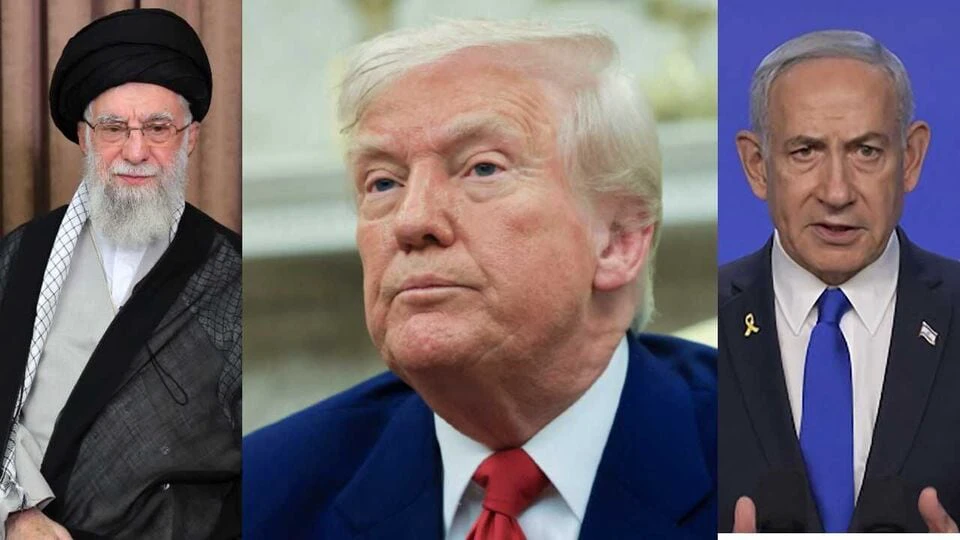US President Donald Trump is abruptly leaving the Group of Seven (G7) summit, departing a day early on Monday as the conflict between Israel and Iran intensifiec and the US leader has declared that Tehran should be evacuated “immediately.”
“I have to be back early – for obvious reasons,” Trump said about his early departure from the G7 Summit. By Monday afternoon, Trump warned on social media, “Everyone should immediately evacuate Tehran!”
Shortly after that, Trump decided to leave the summit and skip a series of Tuesday meetings that would address the ongoing war in Ukraine and global trade issues.
Trump does not want Iran to have nuclear weapons. He said earlier that the “biggest risk” today for the world is
. “And we were all set to make sure that they [Iran] don’t have a nuclear weapon. Because once they do, it’s a whole different world, it’s a whole different negotiation,” Trump once contended.
Trump has largely distanced himself from the Israel-Iran war, but has not ruled out the US’s direct involvement in the conflict. On one hand, he has said, “The US had nothing to do with the attack on Iran,” but on the other, he warned Iran, saying, “The US armed forces will come down heavily if Iran attacked the country in any way, shape or form.”
Here’s what options the US has in the wake of Israel-Iran tensions:
1. Make a deal
At the G7 summit on Monday, Trump said Iranian leaders would “like to talk”, but they had already had 60 days to reach an agreement on their nuclear ambitions and failed to do so before the Israeli aerial assault began (on June 12).
President Donald Trump believes that a peace agreement between Israel and Iran is possible, but the two sides may need to “fight it out” before they are ready to reach a peace deal.
Trump earlier said in a Truth Social post that Iran and Israel should make a deal.
2. US gets ‘willingly’ involved in Iran-Israel tensions
Donald Trump has reiterated that the US is not involved in Israel’s attacks against Iran. However, the BBC reported that American naval destroyers and ground-based missile batteries are helping in Israel’s defence against the Iranian retaliation.
Trump had earlier asserted that the US could directly get involved in the conflict. In an interview with ABC News, Trump said it was “possible” the US could get involved in the conflict, even as he noted that the US is “not at this moment involved.”
In April, Trump told Time Magazine he may go into war with Iran “very willingly if we can’t get a deal” over Iran’s nuclear programme. He, however, maintained that “I would much prefer a deal than bombs being dropped.”
When asked on Monday what it would take for the US to get involved in the conflict militarily, Trump said, “I don’t want to talk about that.”
3. Listen to MAGA voices and ‘drop Israel’
Most Republicans in Congress have vocally backed Israel. But there are key voices within Trump’s Make America Great Again (MAGA) movement who now outright reject this traditional “ironclad” support for Israel, BBC reported.
Over the last few days, they have reportedly asked why the US is risking being drawn into a Middle East war, given Trump’s “America First” foreign policy promise.
Pro-Trump journalist
wrote a criticism on Friday, saying the administration’s claims not to be involved were not true, and that the US should “drop Israel”.
